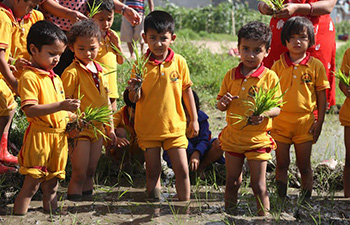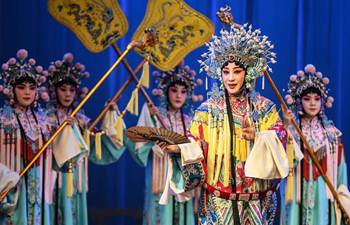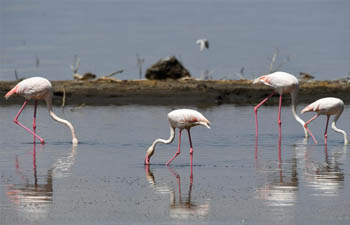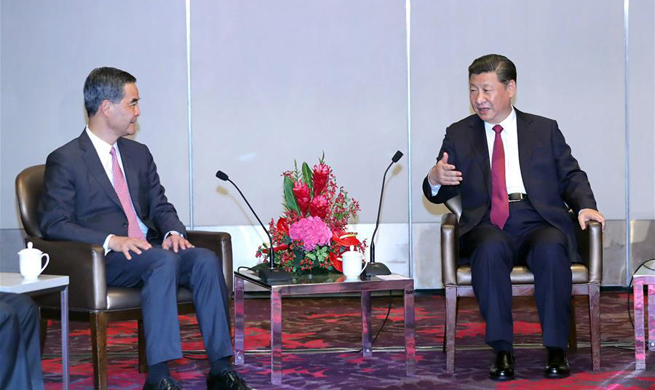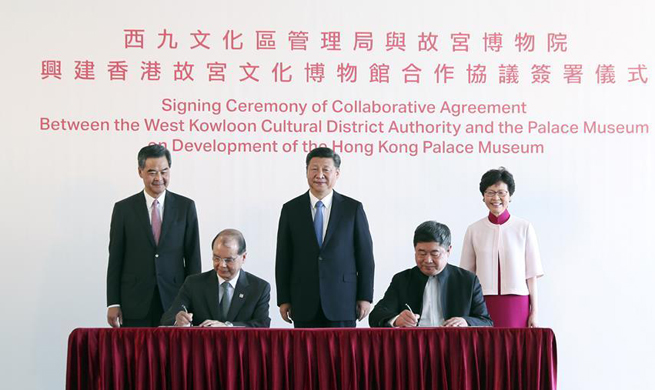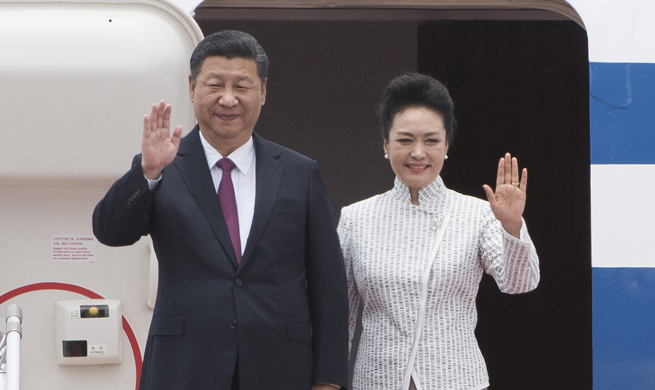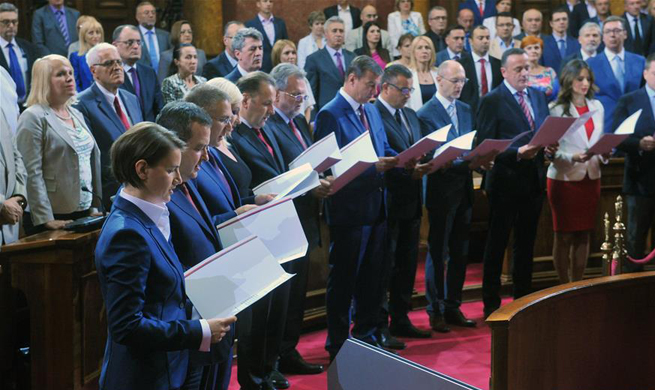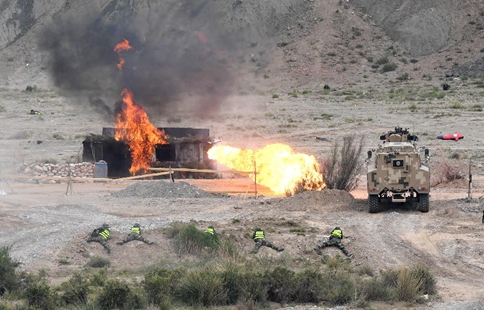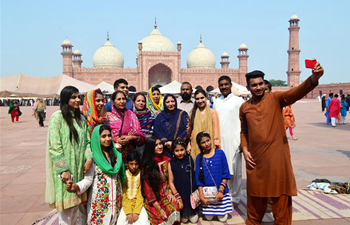by Carlos Acat
LIMA, June 29 (Xinhua) -- The Pacific Alliance, a Latin American trade bloc founded by Chile, Colombia, Mexico and Peru in 2011, stands to outperform its regional counterparts and contribute to the continent's closer ties with Asia, Peruvian economist Carlos Aquino has said.
Acquino, an Asia expert and director of the Economic Research Institute at the National University of San Marcos in Lima, told Xinhua in a recent interview that the strength of the Pacific Alliance (AP) lies in the fact that its members not only share a common goal, but also are fundamentally similar.
The AP is holding its 12th meeting in Cali, Colombia, Thursday through Friday.
"Of all the Latin American integration blocs, such as the Community of Andean Nations (CAN) or the Southern Common Market (Mercosur), it's the one that can succeed the most, because it is a homogeneous group of representative democracies with market economies and an interest in Asia," he said.
According to Aquino, the four nations within the AP have already established free trade between each other, and 92 percent of the goods trade are duty free. "The remainder will be liberalized in 15 years at the latest," he added.
The main weakness of the bloc -- which has 52 observer countries, including China -- is that it is fairly new, the expert said, adding that insufficient transport and communication infrastructure has hindered intra-bloc flow of people as well as trade ties with Asia.
"Here, China can help," said Aquino, who pointed out that Chinese investment, the extension of the Belt and Road Initiative into Latin America, as well as increased air routes and e-commerce platforms are all needed to help local companies connect with Asia.
"Of the AP's four members, except for Colombia, the other three are members of the Asia-Pacific Economic Cooperation (APEC) Forum, and that has led to increased trade with Asia in recent years," he said.
Noting that another factor holding back Latin America's trade with Asia is the lack of quality education in the region, Aquino particularly called for expanded access to the Internet.
"You need a digitally literate population, and for that you need the Internet to reach the majority and at low cost, and you need to improve educational infrastructure."
As far as specific industries are concerned, the expert recommended that the four countries tap into their respective comparative advantages,such as the agriculture industry in general, auto and electronics industries in Mexico, and mining and fishing industries in Chile and Peru.
He said the countries should promote the transformation of their natural resources into value-added goods, "with the member countries forming value chains."
Juan Varilias, president of the Peruvian delegation in the AP Business Council, said bloc members should coordinate policies, programs and laws to promote integration and boost competitiveness.
"As business owners, we don't see the AP as just a bigger and freer market for selling. It is an opportunity to get together and work on diverse strategies that will allow us to become more competitive," he said.




